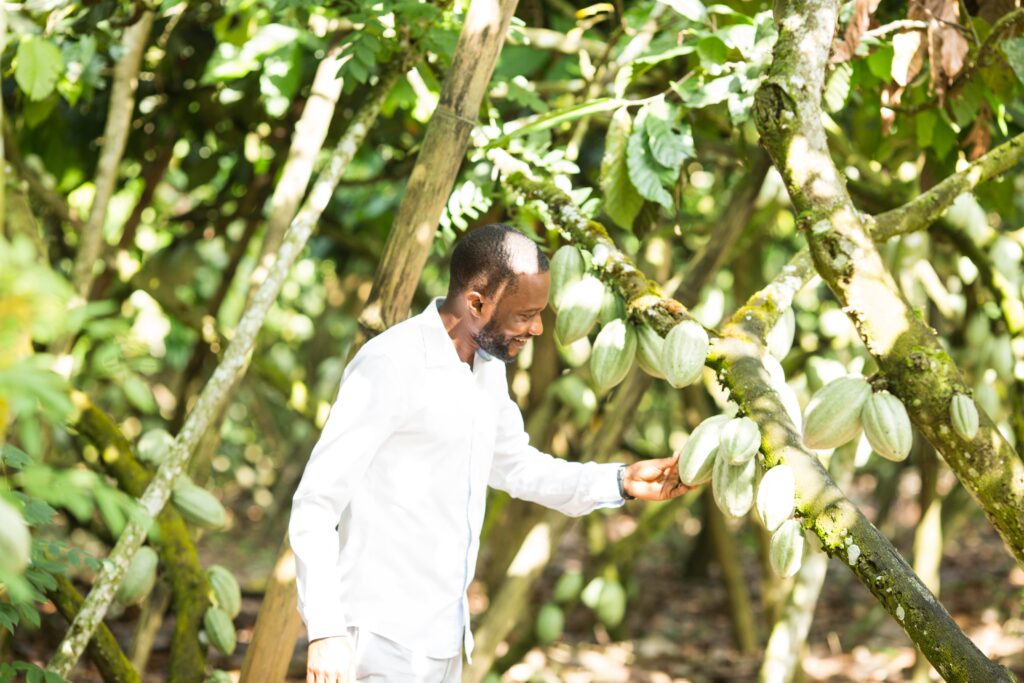To end modern slavery will mean more than relying on police and the courts. Early intervention could be the solution.
 Law enforcement officers are only one piece of the equation when it comes to ending modern slavery. : Sean Robbins, Unsplash Unsplash licence (https://unsplash.com/license)
Law enforcement officers are only one piece of the equation when it comes to ending modern slavery. : Sean Robbins, Unsplash Unsplash licence (https://unsplash.com/license)
To end modern slavery will mean more than relying on police and the courts. Early intervention could be the solution.
The UN has set a global goal to eradicate modern slavery and human trafficking by 2030, a huge task in a world where up to 50 million people are forced to work against their will or in unacceptable conditions.
If authorities are still chasing perpetrators in 2030 then it has been a failure. A failure of prevention and failure to stop the worst from happening. While law enforcement is key to catching the perpetrators, it can only do so much.
As many observers have noted, it’s not possible to arrest our way out of these wicked social problems. A different approach is required, one that places prevention centre stage. A ‘public health’ approach could be such an alternative.
Research led by the Universities of Sheffield and Nottingham in the UK has explored this in depth, asking what it might look like, what its benefits might be and how it can be applied and put into action.
The evidence identified some core elements: understanding the problem at a population level; framing it as part of a complex and interdependent system; collating data and evidence about what works; focusing on prevention; protecting health and wellbeing; engaging with multiple agencies, and addressing inequalities, social justice and human rights. There are structures and practices central to this ‘emergent’ framework, including a fair, just and coordinated anti-slavery policy and services with a trauma-informed ethos.
From there, the School of Health and Related Research supported by Public Health England and the Office of the UK Independent Anti-Slavery Commissioner co-produced a refined framework across the anti-slavery sector in the UK and tested it in a proof of concept exercise.
The results found there is an appetite for more and better collaboration between police, health services, education, business, communities and victims/survivors. There was a sense that a criminal justice approach on its own was a ‘cul de sac’, meaning it was quickly a dead end on the road to prevention.
Data, evidence and experiential knowledge were identified as essential to better understanding the problem and tailoring solutions. In the UK, for example, despite many NGOs serving minority communities, there was no national-level data on the ethnicity of trafficked or exploited people.
Prevention was identified as crucial yet was inadequate. Statutory and NGO services were rightly dealing with immediate, often desperate situations. But by looking further upstream to the family or community, there were opportunities to prevent exploitation happening in the first place.
A review on what works in prevention looked at sexual and labour exploitation. Although the literature focused on people who had already been exploited, 25 different types of intervention could contribute towards preventing harm and five mechanisms that did or could work: Improving people’s access to the fundamental things in life (e.g. safe home, education, a good job), developing literacy (not just knowledge) of the problem, building communities’ power and control, deterrence and disruption and partnership working across services and with affected people.
Community-informed, culturally intelligent interventions could change the socially isolated, disconnected and under-resourced environment that enables exploitation and replace it with a safe space that is socially resilient, connected and resourced.
A public health approach which is equity oriented, population based, prevention focused, evidence and data driven and works across multiple agencies could solve the problem. The next step is to take action. In the UK this has begun this through a network of anti-slavery partnerships, national statutory services and across local authorities and the community.
The approach has found purchase in the US, has been endorsed by the UK’s former Independent Anti-Slavery Commissioner and was welcomed by the former Home Secretary. It holds great promise globally as a framework for thinking about modern slavery prevention and how to act on it.
Liz Such is an Anne McLaren Fellow and an NIHR Knowledge Mobilisation Fellow at the School of Health Sciences, University of Nottingham. She has worked across policy and public health practice, particularly in fields concerned with health inequalities and minorities. She was funded by Research England, NIHR, NHS and UKRI/AHRC to conduct this work. Twitter: @lizzysuch
The research was supported by public funds — NIHR, NHS England and Improvement, UKRI/AHRC (Modern Slavery Policy and Evidence Centre) and Research England.
Originally published under Creative Commons by 360info™.













